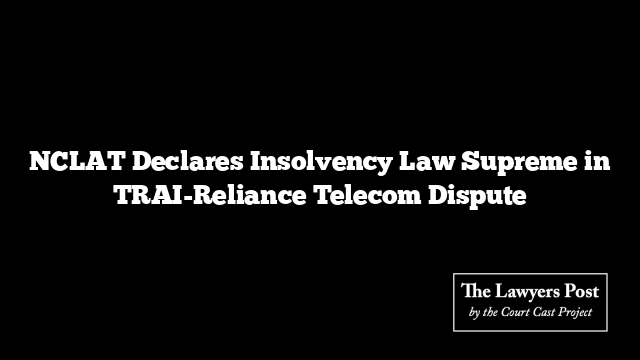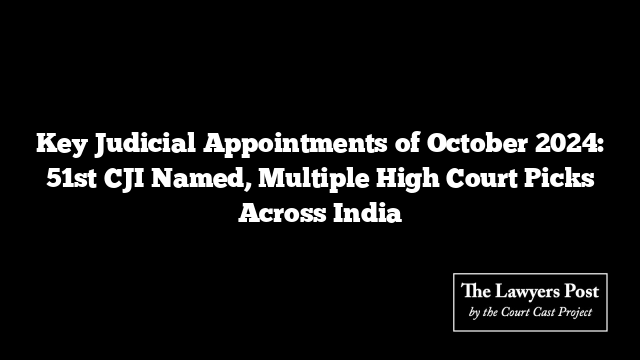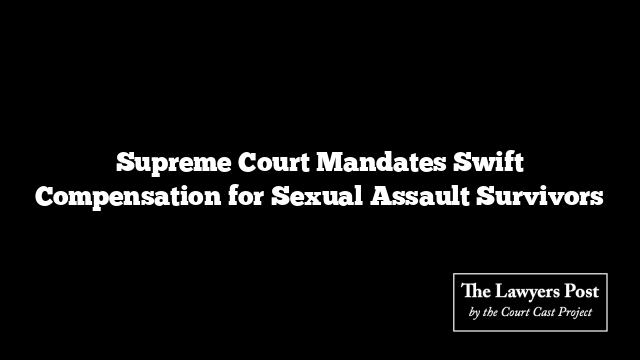The National Company Law Appellate Tribunal (NCLAT) has set a decisive precedent by ruling that the Insolvency and Bankruptcy Code (IBC) takes precedence over the TRAI Act, effectively dismissing the Telecom Regulatory Authority of India’s (TRAI) appeal against Reliance Telecommunications. TRAI had sought recognition of certain dues owed to customers as priority liabilities, arguing that its own regulatory framework should override IBC provisions, but the tribunal firmly disagreed.
A panel led by Justice Ashok Bhushan rejected TRAI’s assertion that funds owed to Reliance Telecom’s postpaid and prepaid subscribers, along with a quality-of-service fine imposed in 2017, constituted “operational debt” under IBC guidelines. TRAI had claimed that, as a specialized regulatory entity, its mandates should supersede IBC requirements in the hierarchy of payments, especially concerning a financial disincentive of over ₹85 lakh.
However, the tribunal upheld that Section 238 of the IBC grants it an overriding effect on other laws. It affirmed that the funds collected from subscribers were integrated into the company’s operations and did not carry a statutory obligation to be held in trust. NCLAT further clarified that all dues, including subscriber balances, would be classified as “operational debt” and addressed according to the company’s resolution plan.
Reliance Telecommunications entered insolvency proceedings in 2019 following a petition by Ericsson India, marking the beginning of an intricate process involving numerous stakeholders. TRAI later approached the NCLT to ensure that Reliance’s debt restructuring would include subscriber reimbursements. Nonetheless, the NCLT held that these unclaimed amounts would be directed to the Telecommunication Consumers Education and Protection Fund, reinforcing that such liabilities were operational debts.
This ruling solidifies IBC’s role as the governing law in corporate insolvency cases, even over specialized statutes like the TRAI Act, leaving little room for regulatory agencies to impose separate financial obligations. With this outcome, Reliance Communications can continue to address its debts under the resolution plan, with the NCLAT ruling serving as a benchmark for similar conflicts in the telecom and other regulated sectors.





